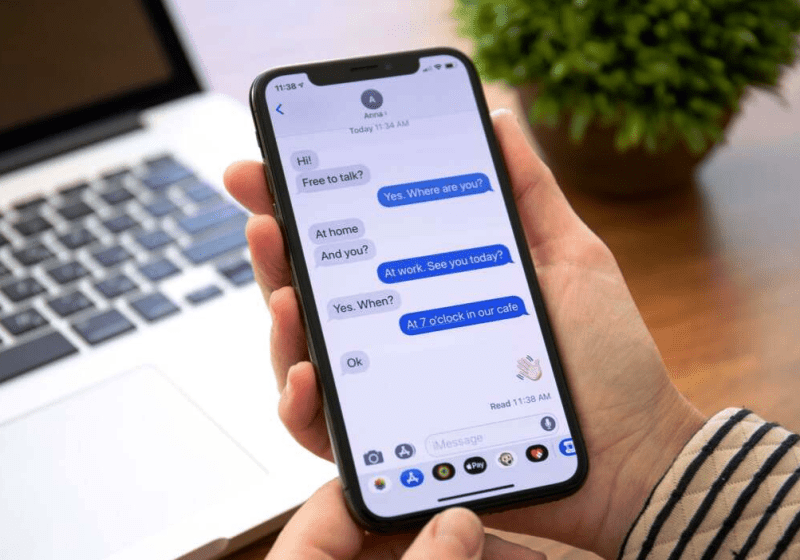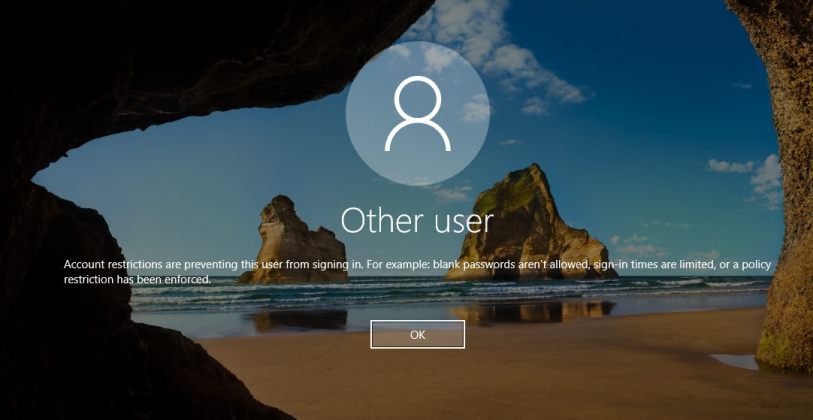Introduction to Real Estate App Development
In today’s digital age, the real estate industry is undergoing a significant transformation with the emergence of mobile applications. Real estate apps have revolutionized the way people buy, sell, and rent properties, providing convenience, efficiency, and accessibility like never before.
Understanding the Market Trends
Rising Demand for Real Estate Apps
The demand for real estate apps is on the rise, fueled by the growing reliance on smartphones and the internet for property search and transactions. Consumers increasingly prefer the convenience of browsing properties and contacting agents through mobile apps.
Technological Advancements in the Real Estate Sector
Technological advancements such as augmented reality (AR), virtual reality (VR), and artificial intelligence (AI) have enhanced the user experience of real estate apps. Features like 3D visualization and virtual tours allow users to explore properties remotely, making the decision-making process more interactive and immersive.
Key Features of Successful Real Estate Apps
Successful real estate apps share common features that cater to the needs of both property seekers and sellers.
User Registration and Profile Creation
User registration and profile creation enable users to save their preferences, search history, and favorite listings, providing a personalized experience.
Property Listings and Search Filters
Comprehensive property listings with advanced search filters allow users to narrow down their search based on criteria such as location, price range, property type, and amenities.
Interactive Maps and Location-based Services
Interactive maps integrated with GPS technology help users visualize property locations, nearby amenities, schools, and transportation options, facilitating informed decision-making.
Virtual Tours and 3D Visualization
Virtual tours and 3D visualization tools enable users to explore properties remotely, offering a realistic view of interiors, layouts, and architectural details.
Secure Payment Gateway Integration
Secure payment gateway integration allows users to make secure online payments for property bookings, rentals, or purchases, ensuring a seamless transaction experience.
Steps to Develop a Real Estate App
Developing a successful real estate app involves several key steps, from market research to launch and marketing.
Market Research and Analysis
Conducting market research helps identify target demographics, competitor analysis, and market trends to determine the app’s unique selling proposition (USP) and value proposition.
Designing the User Interface (UI) and User Experience (UX)
Designing an intuitive UI and UX is essential for engaging users and providing a seamless browsing experience across different devices and screen sizes.
Backend Development and Database Management
Backend development involves building the server-side infrastructure, database management, and API integration to ensure smooth data exchange between the app and server.
Frontend Development and Integration of Features
Frontend development focuses on implementing features such as property listings, search filters, maps, virtual tours, and payment gateways, ensuring functionality and usability.
Testing and Quality Assurance
Thorough testing and quality assurance are crucial to identify and fix bugs, glitches, and usability issues before the app’s launch, ensuring a smooth user experience.
Launch and Marketing Strategy
Launching the app on app stores and implementing a comprehensive marketing strategy involving digital marketing, social media promotion, and partnerships with real estate agencies to reach the target audience and maximize app downloads.
Technologies Used in Real Estate App Development
Real estate app development relies on a variety of technologies and platforms to deliver a seamless user experience.
Mobile Platforms (iOS, Android)
Real estate apps are developed for popular mobile platforms such as iOS and Android to reach a wide audience of smartphone users.
Programming Languages (Swift, Kotlin, Java)
Programming languages such as Swift for iOS, Kotlin for Android, and Java for cross-platform development are used to build the app’s frontend and backend components.
Backend Technologies (Node.js, Python)
Backend technologies like Node.js and Python are used for server-side development, API integration, and database management to ensure scalability and performance.
Database Management Systems (MySQL, MongoDB)
Database management systems like MySQL and MongoDB are used to store and retrieve property listings, user data, and app-related information securely.
Augmented Reality (AR) and Virtual Reality (VR)
Augmented reality (AR) and virtual reality (VR) technologies enhance the user experience by providing immersive virtual tours and 3D visualization of properties.
Monetization Strategies for Real Estate Apps
Real estate apps can generate revenue through various monetization strategies tailored to their target audience and business model.
Subscription Models
Subscription-based models offer users premium features, exclusive content, and ad-free browsing in exchange for a monthly or yearly subscription fee.
In-app Advertisements
Displaying targeted advertisements from real estate agencies, property developers, and related services can generate revenue through pay-per-click (PPC) or impression-based advertising models.
Premium Features and Upgrades
Offering premium features such as priority listings, advanced search filters, and enhanced customer support as paid upgrades can appeal to users willing to pay for additional value.
Partnering with Real Estate Agencies
Partnering with real estate agencies to promote their listings, provide lead generation services, or offer referral commissions can create mutually beneficial partnerships and revenue streams.
Challenges and Future Trends in Real Estate App Development
Despite the opportunities, real estate app development faces challenges and must adapt to emerging trends to stay competitive.
Data Security and Privacy Concerns
Ensuring data security and privacy compliance is essential to protect users’ personal and financial information from unauthorized access or data breaches.
Integration with Emerging Technologies
Integrating emerging technologies such as AI-driven recommendations, blockchain for property transactions, and IoT (Internet of Things) for smart homes can enhance the app’s functionality and competitiveness.
Personalization and AI-driven Recommendations
Personalizing the user experience through AI-driven recommendations based on user preferences, browsing history, and behavioral patterns can improve engagement and retention.
Blockchain for Property Transactions
Implementing blockchain technology for property transactions can streamline the buying, selling, and renting process, reducing fraud, paperwork, and transaction costs.
Conclusion
Real estate app development offers tremendous opportunities for innovation, efficiency, and convenience in the property market. By understanding market trends, leveraging advanced technologies, and implementing effective monetization strategies, developers can create successful real estate apps that meet the evolving needs of users and stakeholders.
FAQs
1. How long does it take to develop a real estate app?
Developing a real estate app can vary depending on factors such as complexity, features, and development team expertise. On average, it can take anywhere from three to six months to develop a basic version of the app, with additional time for testing and refinement.
2. What are some essential features of a real estate app?
Essential features of a real estate app include property listings, search filters, interactive maps, virtual tours, user profiles, secure payments, and push notifications for new listings or price changes.
3. How do real estate apps make money?
Real estate apps can make money through subscription models, in-app advertisements, premium features and upgrades, and partnerships with real estate agencies for lead generation and referrals.
4. What are the key technologies used in real estate app development?
Key technologies used in real estate app development include mobile platforms (iOS, Android), programming languages (Swift, Kotlin, Java), backend technologies (Node.js, Python), database management systems (MySQL, MongoDB), and emerging technologies such as AR, VR, AI, and blockchain.
5. What are the future trends in real estate app development?
Future trends in real estate app development include greater integration of AI-driven recommendations, blockchain for property transactions, personalized user experiences, and enhanced security measures to protect user data and privacy.





Leave a comment